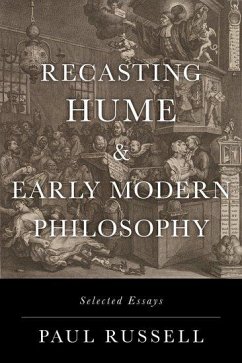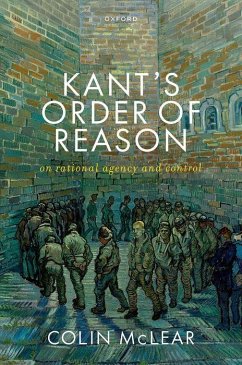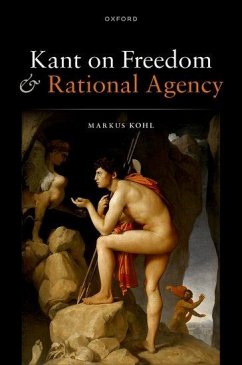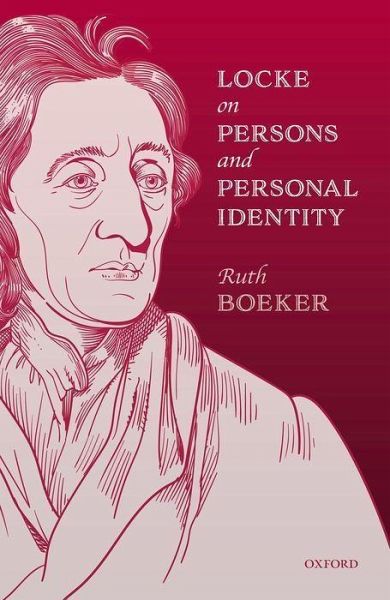
Locke on Persons and Personal Identity
Versandkostenfrei!
Versandfertig in über 4 Wochen
107,99 €
inkl. MwSt.
Weitere Ausgaben:

PAYBACK Punkte
54 °P sammeln!
Ruth Boeker offers a new perspective on Locke's account of persons and personal identity by considering it within the context of his broader philosophical project and the philosophical debates of his day. In contrast to some neo-Lockean views about personal identity, she argues that Locke's account of personal identity is not psychological per se, but rather his underlying moral, religious, metaphysical, and epistemic background beliefs are relevant for understanding why he argues for a consciousness-based account of personal identity.




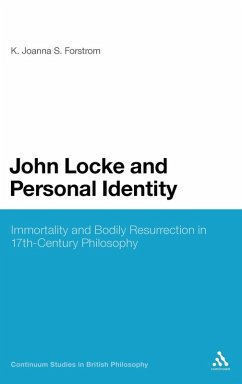
![Constructive Psychology, or, the Building of Character by Personal Effort (1915) [Supplemental Harmonic Series]; 3 Cover Constructive Psychology, or, the Building of Character by Personal Effort (1915) [Supplemental Harmonic Series]; 3](https://bilder.buecher.de/produkte/65/65638/65638584n.jpg)

